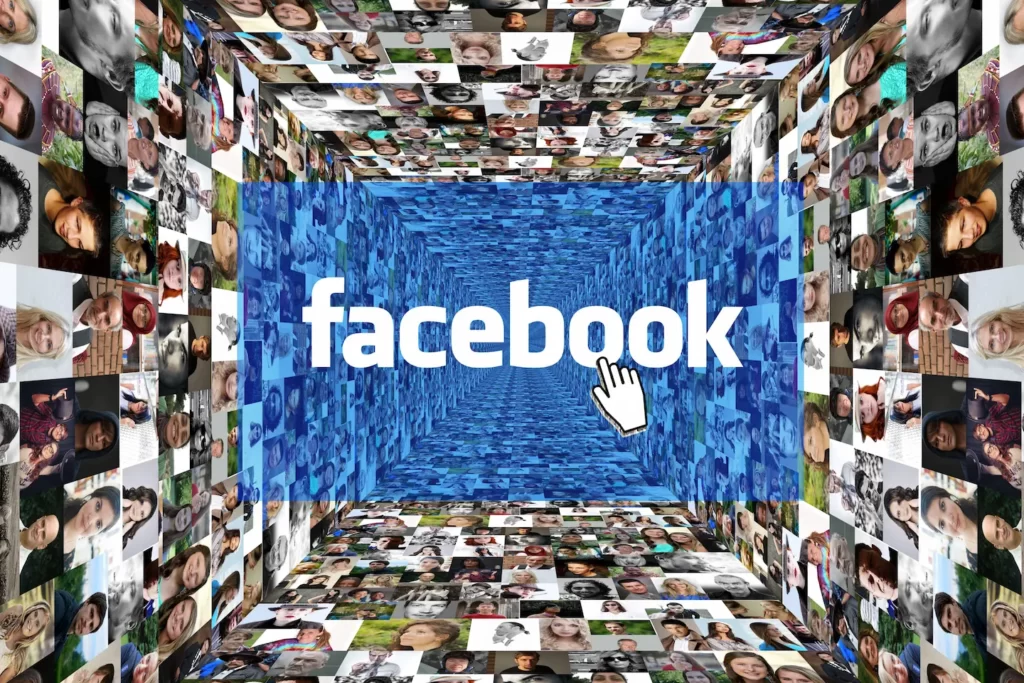Average CPM on Facebook
“Is your Facebook ad reaching a thousand eyes without costing an arm and a leg?”
In the vast world of Facebook advertising, CPM stands for Cost Per Mille. If you’re scratching your head, “Mille” is Latin for a thousand. So, CPM basically tells you how much you’re paying to reach a thousand people on Facebook. Sounds simple, right? But why is this tiny metric so important? Understanding CPM can give you a clear picture of your ad’s effectiveness and how well your money is being spent. In the sea of likes, shares, and comments, CPM serves as a lighthouse guiding advertisers to make informed decisions.
The Role of CPM in Facebook Advertising
CPM is like a heartbeat monitor for your Facebook ads. It’s calculated by dividing the cost of an advertisement by the number of impressions (times the ad is displayed) it receives, then multiplying the result by 1,000. Let’s say you spent $10 and got 5,000 impressions. Your CPM would be $2.
But, not every heartbeat is the same. Several factors tweak that CPM number:
- Target Audience: Trying to reach tech-savvy teenagers? Or retirees in Florida? Different groups have different CPMs.
- Ad Quality: A catchy, high-quality ad might cost you less in CPM because Facebook rewards engaging content.
- Time and Competition: Launching a Christmas ad in December? So is everyone else! High demand times can push up CPM.
Average Facebook CPM: A Closer Look
Over the years, Facebook’s CPM has ridden a roller coaster. Historically, we’ve seen it rise as the platform matured and more businesses jumped aboard. But, like stock prices, it’s had its ups and downs. What about today? Current trends show [specific CPM value based on current research], but remember, this can change based on the factors we talked about.
How does Facebook fare when we pit it against other platforms? Compared to platforms like Instagram or Twitter, Facebook offers [specific comparison data], making it a [more/less] cost-effective option depending on your goals.
Remember, while average CPM gives a quick snapshot, diving deeper into your unique audience and goals will give the full picture!
Factors Influencing Facebook CPM Rates
Everyone wants to get the most out of every penny they spend on Facebook ads. To do that, it’s crucial to understand what makes the CPM rates swing up or down. Here are some major players in the CPM game:
- Target Audience and Demographics: Just like selling ice-creams in winter vs. summer, the people you target make a difference. If you’re aiming at a group that many others are also trying to reach, expect to pay a premium.
- Ad Quality and Relevance: Think of your ad like a performance. Facebook’s stage (or feed) is premium space, and they want only the best performances. If users find your ad engaging, Facebook charges you less to show it. But if it’s more “meh” than “marvelous”, your CPM might climb.
- Bidding Strategy and Competition: The Facebook ad space is like an auction house. If more businesses bid for the same audience, the price (CPM) goes up. So, your strategy on how much you bid can swing your CPM.
- Time of Year and Industry Verticals: Seasons change, and so does CPM. For instance, holiday seasons might see a spike because more businesses advertise. Similarly, an industry having a big event or launch can temporarily push up CPMs.
Ways to Optimize Facebook CPM
If CPM is a hurdle, here are some ways to jump over it:
- Importance of Ad Quality and Relevance: Crafting a top-notch ad is like baking – it needs the right ingredients. A mix of catchy visuals, crisp text, and clear call-to-action can lower your CPM.
- Strategic Audience Segmentation: Don’t put all your audience in one basket. Group them based on interests, behaviors, or other factors. Tailored ads for each group can be more effective and can help in lowering CPM.
- Split Testing Ad Sets: This is like trying on different outfits to see which one looks best. By testing different ad versions (images, text, call-to-action), you find out which one gets you the best CPM.
- Utilizing Facebook’s Ad Scheduling: Not all hours are equal. Maybe your audience is more active during lunch breaks or late evenings. Use Facebook’s ad scheduling to show your ads at peak times, optimizing your CPM.
Global CPM Differences
The world is a big place, and CPM rates like to travel. If you look at CPM across countries, you’ll notice a pattern. For example, CPM in the USA might be different from India or Brazil.
Several reasons explain these changes:
- Economic Factors: Wealthier countries often have higher CPM rates because businesses can afford to spend more on advertising.
- Internet Penetration and Facebook Usage: In places where more people use Facebook, the demand for ad space goes up, influencing CPM.
- Local Competition: Some regions might have a big local platform competing with Facebook, which can impact CPM rates.
Remember, while global averages give an idea, diving deep into each region will give you the real CPM story!
FAQs about Average CPM on Facebook
Q: What is a good CPM rate on Facebook?
A: A “good” CPM rate can feel like trying to catch a butterfly – it keeps moving. But by looking at industry standards and averages, you can get a good idea of where you stand. A solid approach is to focus on your specific goals and see how CPM affects your overall campaign success.
Q: How does Facebook’s CPM compare to other social platforms?
A: Just like apples and oranges, each platform has its flavor. Facebook boasts a massive user base, but depending on your audience and content, its CPM might be higher or lower than platforms like Instagram or LinkedIn. Always consider your target audience and goals when comparing.
Q: Can I lower my CPM without compromising ad performance?
A: Absolutely! Think of it as tuning a guitar to get the perfect sound. By tweaking ad designs, improving relevance, and sharpening your targeting, you can often get a lower CPM and a sweeter tune from your ads.
Q: Does ad format (video, carousel, etc.) influence CPM?
A: Indeed, it does. Some formats, like videos, might grab more attention, but they can also cost more. On the flip side, a simple image ad might be cheaper but might not engage users as much. It’s all about finding the balance.
Q: How does audience targeting impact CPM?
A: Imagine trying to shout in a crowded room vs. a small group. Targeting a broad audience can sometimes mean a lower CPM, but your message might get lost. Zooming in on a specific group can raise the CPM, but if they’re really interested in what you’re saying, it could be worth the cost.
Conclusion
Grasping the concept of average CPM on Facebook isn’t just for number nerds. It’s essential for any advertiser wanting to make the most of their budget. Remember, CPM is just one part of the puzzle. Use it, along with other insights, to paint the full picture of your ad’s performance. And as with any journey, sometimes you’ll need to adjust your route for the best ride. So, dive into your data, optimize, and keep pushing forward for a more cost-effective campaign!










